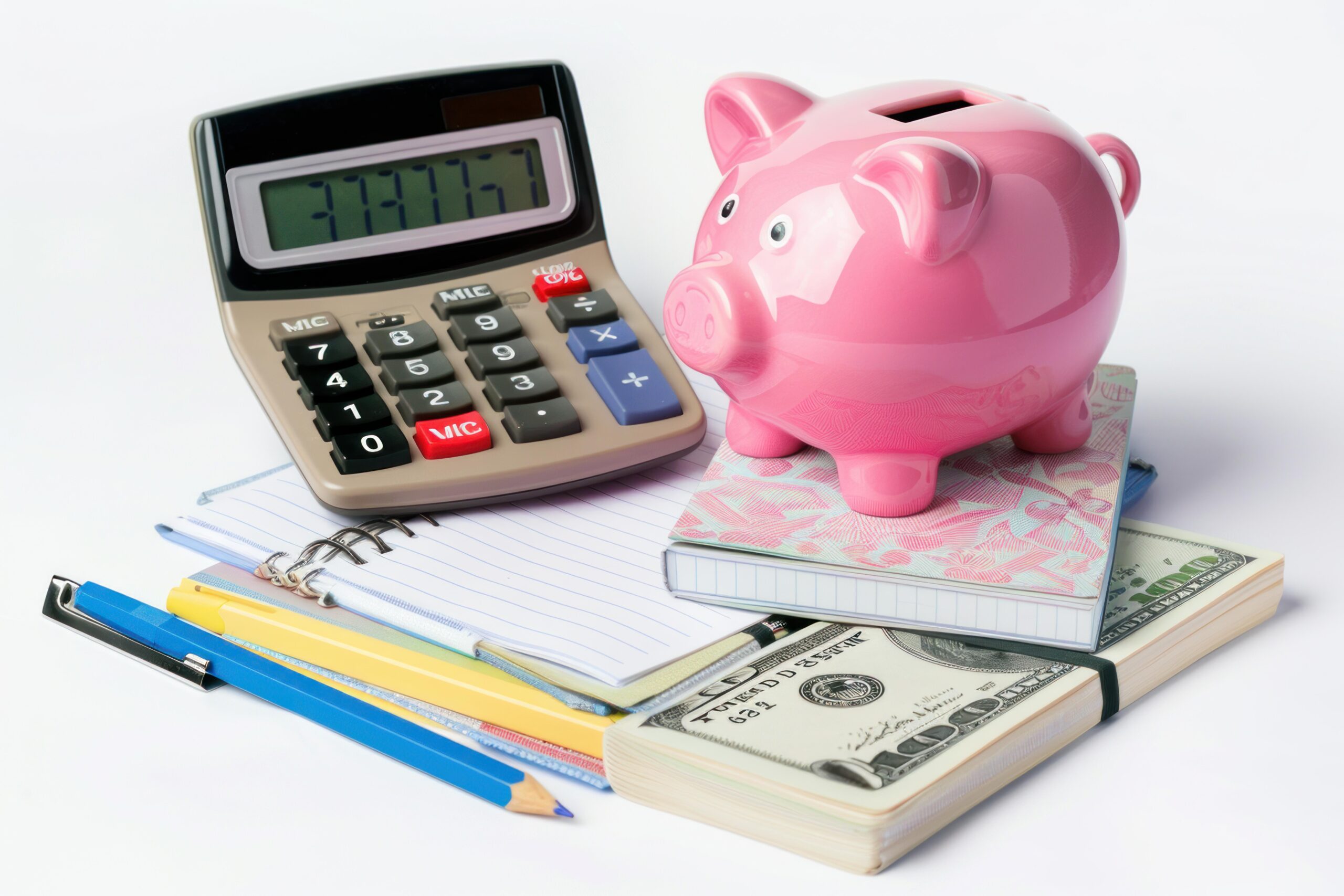Working as a freelancer can be liberating. You can make your own schedule and seize chances as they present themselves. However, this means that you have entire control over your revenue source, which might be difficult to predict. Projects usually take longer to complete than anticipated. Payments may take weeks or months to arrive, even though you issued an invoice on schedule.
With this in mind, managing your money, particularly preparing for retirement or other financial goals, may appear challenging. After all, the first step in creating a budget is figuring out how much money comes in each month. Regular employment provides consistent income, making it easy to track how much you’re saving for retirement or health insurance and manage your budget accordingly.
Here are four money management suggestions for freelancers.
Raquel Curtis, a personal financial consultant and host of the money-focused podcast Living Boujee & Balanced, recommends knowing your income and spending for the following year. “Pay attention to what is consistent: your bills,” she advises when income is irregular. Examine all of your bills and estimate your monthly, quarterly, and even yearly spending, as well as how much money you’d like to save. This way, you won’t be surprised when a major annual bill, such as auto insurance, arrives. Keep track of business expenses, such as if you want to start paying your own health insurance and taxes, but keep them separate from personal expenses so you know where your money is going.
You may then calculate the absolute least amount of money you’ll need to keep everything running smoothly. You’ll be confident that you’ll be able to cover your critical costs throughout the slow seasons once you’ve done this. This is a twist on the traditional budgeting method of working backwards from your income to figure out how much you need to produce. According to Curtis, most people budget their income after deducting costs, saving, and spending money to determine how much money they have left to enjoy. However, as a freelancer, you must adjust your budgeting technique. First, figure out what you want to spend and save each month, then find enough work to pay your bills. This will allow you to set a target income and price your services to cover your expenses.
- Separate your business and personal finances.
Now that you’ve essentially become a business owner, it’s time to start acting like one financially. After all, a small business shouldn’t have money floating around idly. To better manage and track your funds, open multiple bank accounts for your company. Having a business bank account, according to Sodano, makes it easier to track deductible business expenses and avoids complicated calculations. It will also make tax time a little less difficult for you. In terms of the account itself, look for a high-yield savings account so that you can earn some money. Put all of your profits into the company account and pay yourself out as if you were your own employee so you can see how much you’re making and it doesn’t get buried in your personal account.
- Treat tax preparation as a serious matter.
If self-employed people aren’t prepared, tax season may be a nightmare. It’s vital to realise that corporation taxes are not the same as employee taxes, which are withdrawn from employees’ paychecks on a regular basis. To put it another way, you must do everything yourself so that tax season is not a source of anxiety for you. Curtis suggests putting aside 15% to 30% of your sales in one of the aforementioned business bank accounts in preparation for tax season. Also, any tax advantages that you may be eligible for.
- Establish a safety net in the event of a disaster.
As we all know, life is full of unexpected and expensive events, such as medical bills. It’s vital, according to Sodano, to have an emergency fund set up so that you can keep paying your regular payments.
According to Sodano, freelancers should focus on building a buffer of a month’s or two’s worth of revenue reserves. When deciding how much to save, keep in mind your basic monthly expenses. This way, if you have a very slow month and can’t meet your minimum expenses, you’ll be prepared.
Putting it all together
At the end of the day, the thrilling and unsettling independence and unpredictability that comes with being a freelancer also applies to your financial life. In some ways, having a budget is more important than having a regular paying job since your future is in your control.


